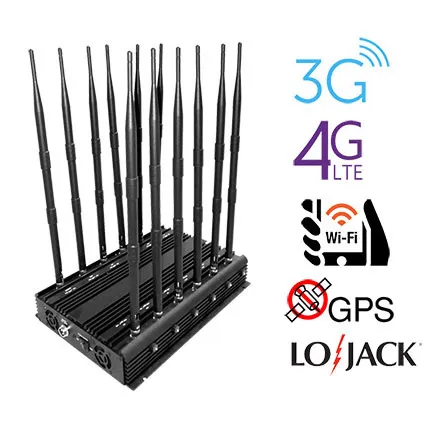One of the first drone deliveries was run not by a Silicon Valley tech giant, but by petty criminals who saw the potential of the new technology.
In late 2013, just days before Amazon announced its future plans to operate a fleet of autonomous vehicles, four people were arrested for trying to use drones to smuggle contraband into a state prison in Georgia.
Guards noticed a remote-controlled helicopter hovering over Calhoun. They later spotted the six-rotor drone in a nearby car, next to what appeared to be its cargo: tobacco bags and mobile phones.
Five years later, Amazon has yet to launch an aerial delivery service, and the proliferation of cheap commercial drones around the world has far outgrown the ability of authorities to control them.
In the past two years, non-military drones have shut down Gatwick Airport for 36 hours, been used to assassinate the Venezuelan president and have even been flown by Islamic State fighters to drop grenades on their enemies.
In response to this threat, many companies - from defense contractors to startups - have developed products that can detect, track, jam, destroy, and even commandeer rogue drones.
These services are a market that is expected to grow by 20-30% over the next few years and could be worth £4 billion by the middle of the next decade.
"It's a very, very big problem," said Alex Riahi, who works at Israel Aerospace Industries (IAI), Israel's leading aerospace and defense manufacturer. In September, IAI released its Popstar system, which can detect and track drones up to 4 kilometers away during the day or night.
IAI sells drone defense systems to foreign governments to place along their borders or around sensitive locations such as military bases or power plants to avoid espionage or airstrikes, while also providing equipment to shoot down military drones. But it is increasingly attracting interest from other customers, such as airports, who want to protect themselves from store-bought drones.
Although it would not disclose prices, Riahi said the systems cost less than what it would cost a large airport to shut down for an hour.
Israel, with its history of drone warfare, has become a major producer of anti-drone products, especially because military intelligence officers often transfer their knowledge to create high-tech companies after leaving the military. The booming industry is also growing in the United States, Europe and China.
Many small businesses are entering the market. Vorpal, another Israeli company, compiles a database containing signals from 95 percent of the drones available for purchase, enabling its customers to detect most of the drones buzzing overhead.
Avner Turniansky, Vorpal's vice president of strategy, said: "There is no civilian technology today that can give you a 100% bulletproof, all-drone solution." Its VigilAir products are designed to work in dense urban environments, where high-rise buildings and radio "noise" often mask drone signals.
During this year's Eurovision Song Contest in Tel Aviv, Israeli police bought his system and caught more than 20 people using drones in the no-fly zone above the venue. Authorities want to clear the air to avoid any potential attacks, but also to make sure drones don't accidentally hit large crowds.

Turniansky said none of the perpetrators had any seemingly nefarious goals, and in most cases, they didn't know they were stealing illegally.
Drones often have internal protections, such as software that prevents them from hovering over sensitive locations, meaning they stop in mid-air as if they had crashed into a virtual wall. But Turniansky said at least one drone confiscated from Eurovision had been tampered with to block its GPS, allowing it to fly freely.
Once detected, drones can be controlled through remote cyberattacks or, more simply, thrown from the air with mesh weapons. Radio frequency signal jammers are also used, but not at airports where they could affect security systems. "At the airport, no one wants to be stuck in traffic," Turniansky said.